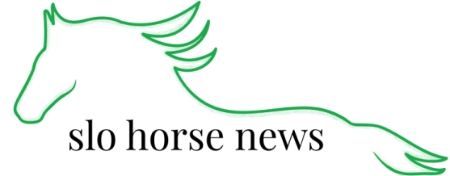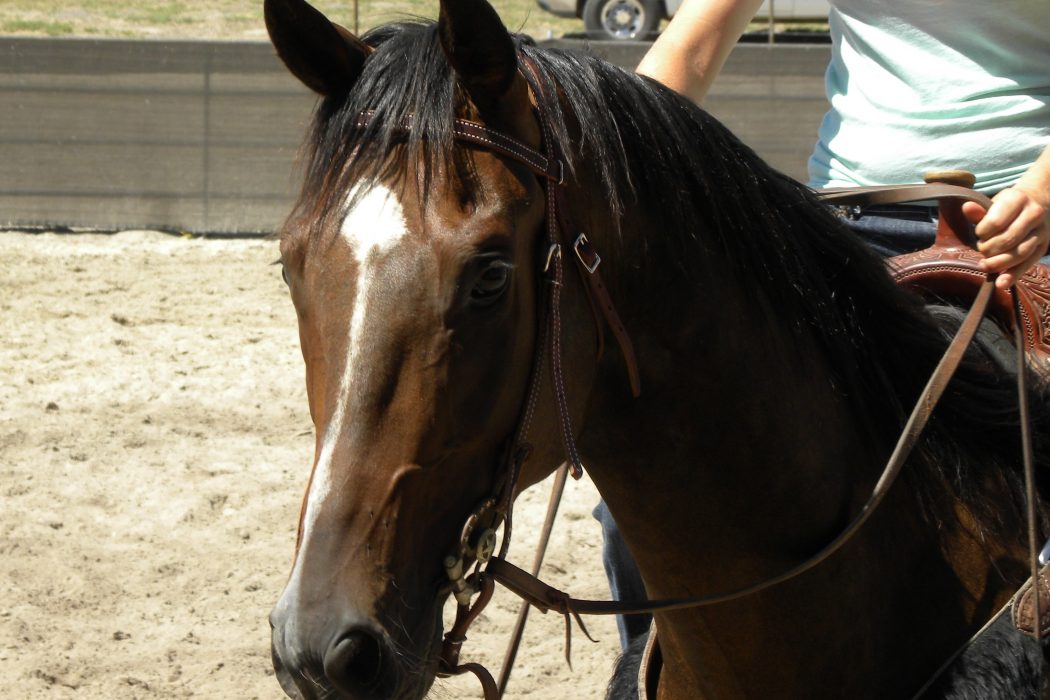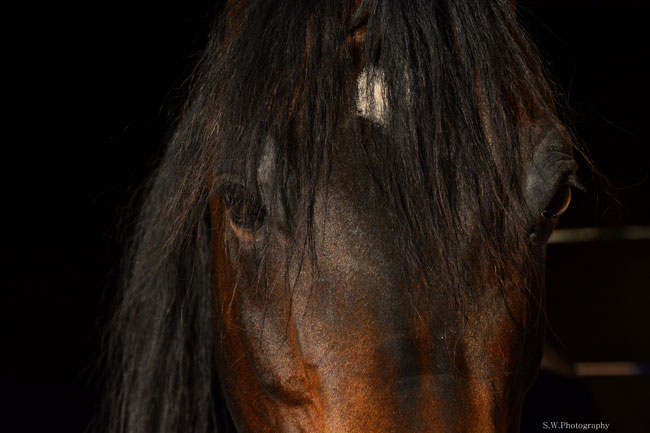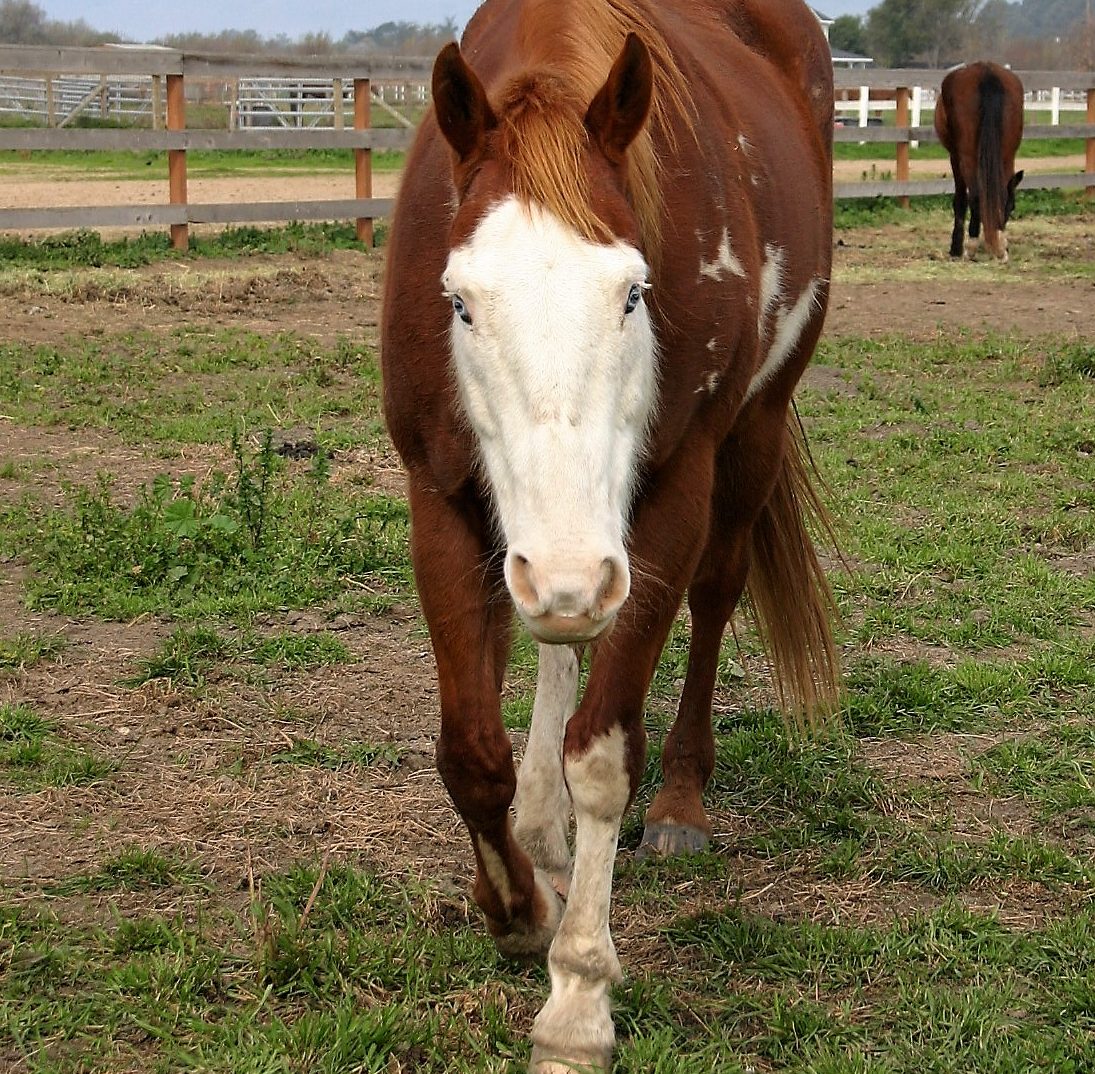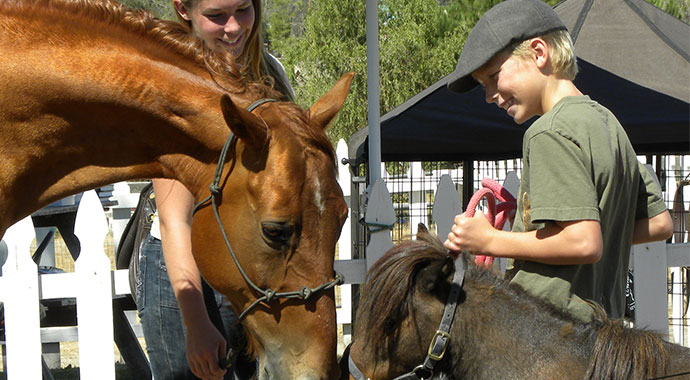When it comes to being a horse owner, we’ve all muttered the phrase “He was just so good today”, or maybe, conversely,” She was just so bad during that class”. It’s almost as though we’ve personified our horses, believing them to be beings that can think on the same level as humans can, and thus have the ability to decide whether they are going to be good or bad on a whim. Unfortunately, this just simply isn’t true, and it often causes arguments, frustration, dangerous situations, etc. Let’s explore a few ideas…
Horses Don’t Decide to be Good or Bad
Now, I know what you’re all thinking…some days my horse is just really good, like she knows I need her to be on her game or sometimes my horse is just bad, like he knows we’re going into the show pen and decides he’s going to give me trouble. These things may well be true, but this isn’t your horse working out in his mind whether or not he’s going to be “good” or “bad”; instead, this is your horse reacting to and working out situations, physical feelings, mental fears, etc. It’s very possible to get to the barn and find a mare, who was sweet as pie the previous afternoon, in an all-out ear-pinning, tail swishing meltdown. Do you think this is because she saw your car pull up the drive and decided she was going to be a pill, or do you think that it may be hormonal, or some other outward manifestation of situational discomfort?
Horses are complex creatures in many ways, but in many ways they are also very easy to figure out if you first understand the number one, cardinal rule of horse ownership “Your Horse is Not a Person”…followed closely by the number two cardinal rule of horse ownership “Your Horse is Not a Dog”.
What Problems Can Arise from Giving Your Horse “Human Emotions”?
Not very long ago I was out at the barn and a lady brought a group of people who were obviously non-horse friends in to see her gelding. She was chattering on about how sweet her gelding was, how he was part of the family and he was a better “boyfriend” than any human man she had ever dated. I smiled, because I’ve felt somewhat the same about my horse…minus the “boyfriend” part. She pulled her gelding out and loosely tied him to the side of the wash rack and proceeded to get into a lengthy conversation with her friends while their little girl, who looked to be about three years old, was playing very close to the gelding. At one point, I got a little nervous and made a friendly comment to the effect of “Sweetie, we should be really careful around horses, don’t get too close without an adult”. My comment was met with “Don’t worry, he loves kids and he’s always really good when kids are around. He’d never do anything to hurt her”. Hmm….
Okay, so the lady above is laboring under the delusion that her gelding can not only work out the difference between adults and children, but that he also knows what type of people to be “good” around and what type of people to be himself around. I get it, some horses are great with kids. I’ve known a few that do seem to dial things down a notch whenever a child is present, but that is no reason to forget that a “horse is a horse, of course, of course”.
What is Behind Good or Bad Behavior?
Another problem that I have seen come up when people personify their horses is the idea that a horse knows when he is being bad and he does it absolutely maliciously. I’ve seen people at horse shows smacking the crud out of their horses because their “horse decided to be bad today”. Well, I would wager that there is more to the story, and that the horse is either uncomfortable, afraid, has some physical discomfort, or is just having an off day without any malicious intent. Smacking him with the reins, going to get a stud chain, running him around in circles until he’s frothing between the legs as a “punishment for his bad behavior” is going to do little more than confuse the horse, exacerbate the problem, and while it may give some people a moment or two of triumphant revenge for a blown class, I would bet money that they will feel awful later.
What to Do?
It’s time that we start thinking of our horses as what they are…animals. They are wonderful, incredible, deep, inquisitive, courageous, loving animals, but they are still animals, and they lack the ability of human reason. Would you leave your horse in charge of babysitting your two-year-old while you ran to the store? Despite the little issue of no opposable thumbs and no ability for speech, this would not be a good idea…your horse is not going to be able to reason when there is a problem or be able to react in a human manner, so let’s stop expecting them to.
When your horse is having “a bad day”, instead of chalking it up to his malicious mindset, instead attempt to work out exactly what it is that may be bothering him. Is he sore from rolling in a weird way in his stall overnight? Is his tummy upset? Is he afraid of something (like a plastic bag that is waiting outside of his stall to eat him when no one is looking)? Or, heaven forbid, is he picking up on something that you are putting out – fear, anxiety, frustration, etc. – and reacting to that? Secondly, no matter how “good” your horse is, don’t forget that she is a horse. She is unpredictable and can cause great bodily harm to you or anyone else at any given moment and must be given the respect that is necessary when dealing with animals that have this capability.
Horses can, and are, part of the family, and should be treated with all the love that we can give them, but they should also be respected for what they are…horses.
Cover Photo credit: Sharon Jantzen at a Travis Mankins clinic
